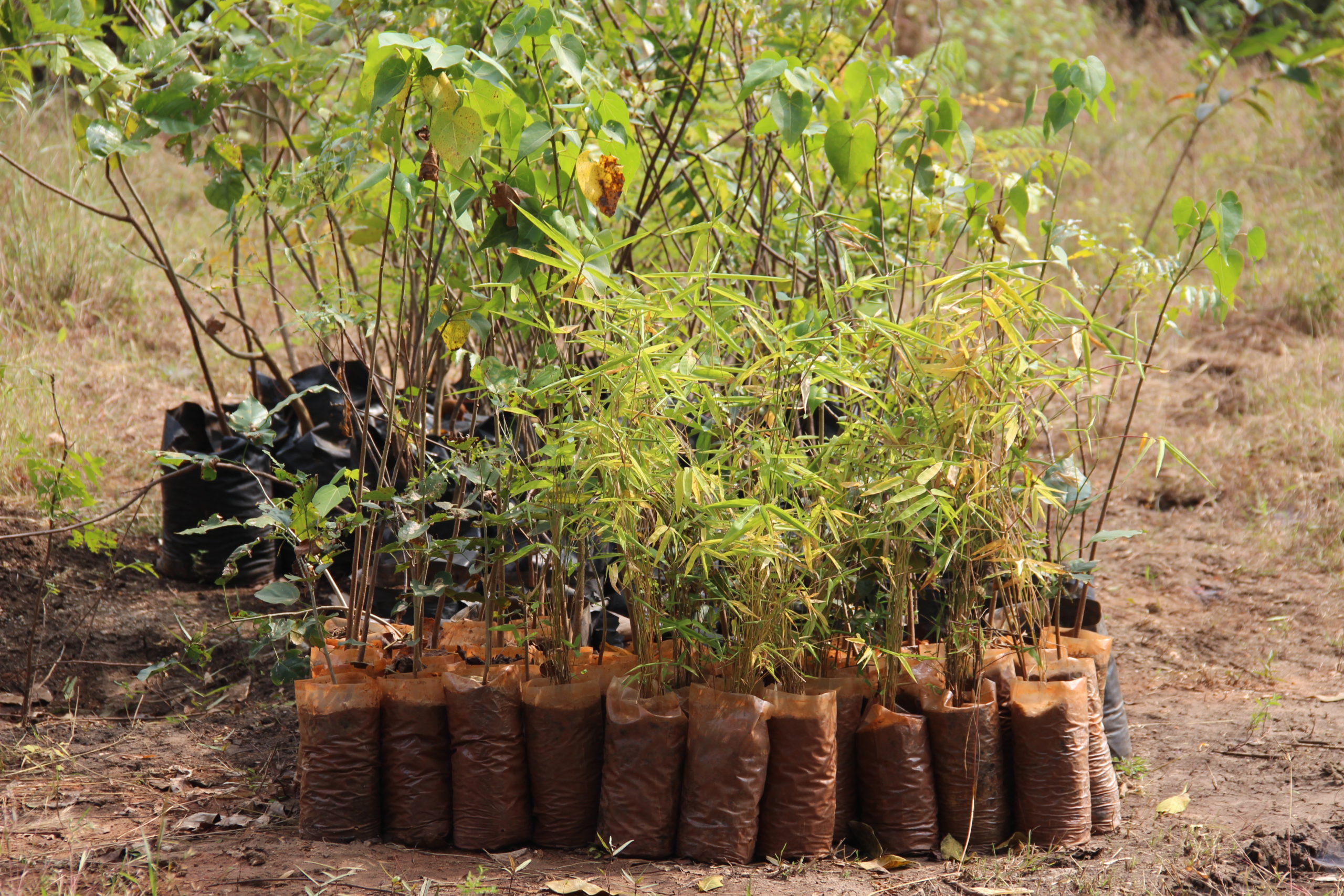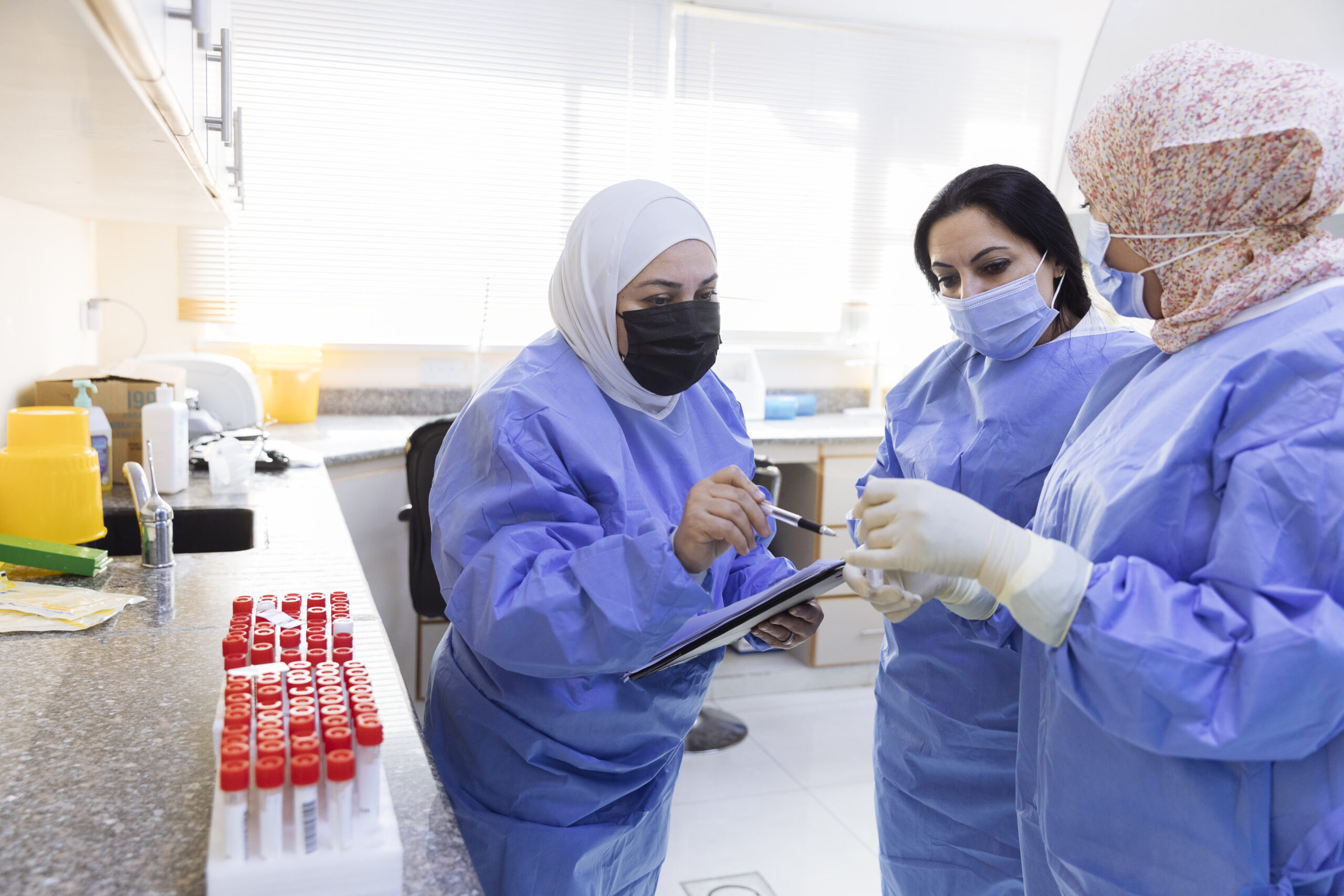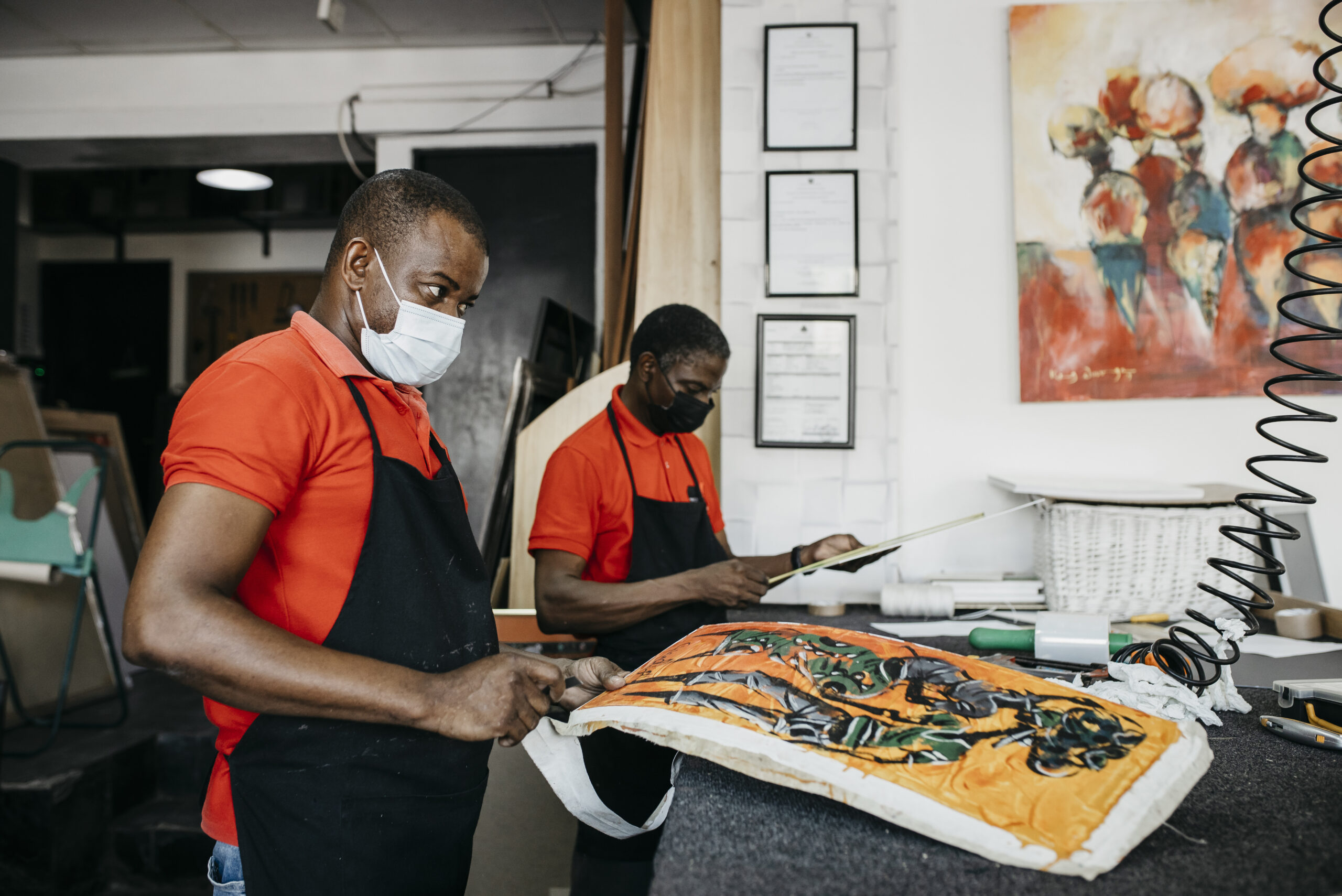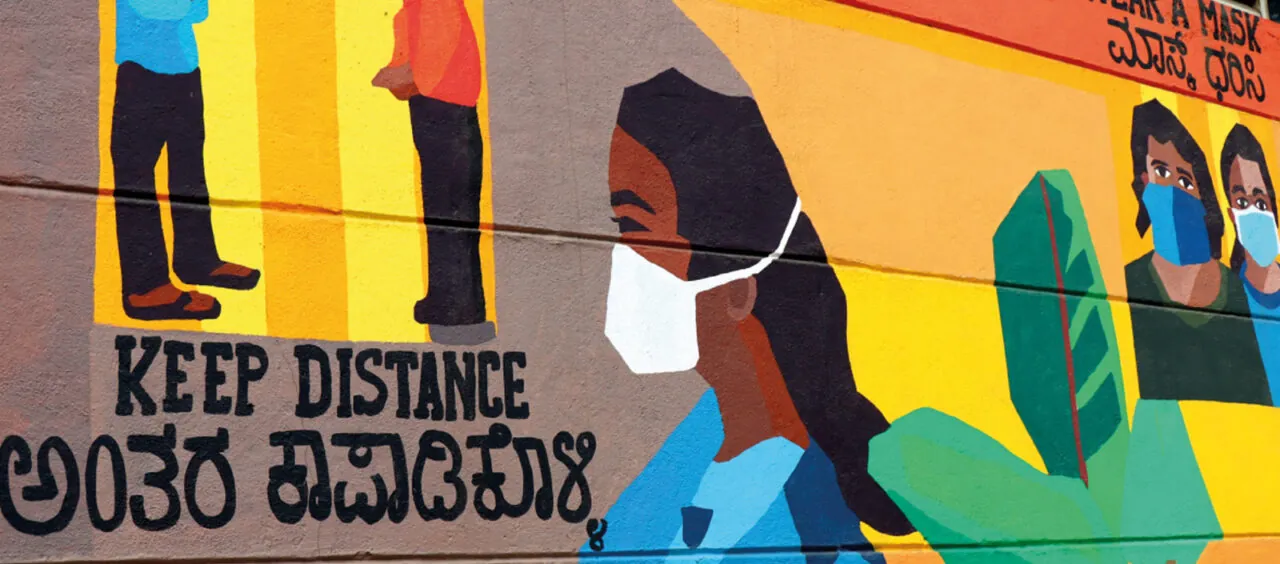IIED and partners are aiming to identify the conditions under which high-profile tree-planting campaigns might work – resulting in the right trees in the right places, with the right incentives for the right people to take care of them – in the context of post-COVID-19 recovery.
For many, the impacts of COVID-19 land on top of severe social, economic and environmental stresses, including the increasing and bigger-than-COVID reality of high death rates and rising poverty related to climate change.
In the years leading up to the pandemic, tree-planting schemes gained popularity with governments, NGOs and the private sector alike as an effective means of addressing these stresses.
Planting trees appears to offer livelihoods generation and public health benefits, and promotes biodiversity and carbon sequestering among many other positive outcomes.
If and when such high-profile political and corporate pledging returns after COVID-19, or in response to COVID-19, might some of these schemes actually work? Might they contribute to healthier people, ecologies and local economies and in that sense help ‘kill COVID’?
What is IIED doing?
As part of the ‘Tree-planting campaigns in post-COVID-19 recovery’ project, IIED’s forest team is working in partnership with local organisations in three countries with recent examples of large-scale tree-planting initiatives to attempt to answer these questions.
The objective is to develop indicative practice guidelines for institutions and programmes seeking to promote COVID-19 recovery through tree-planting initiatives. These guidelines will seek to deal with:
- How to ensure genuine carbon positive results and claim accurately for them
- How to contribute to local biodiversity and avoid undermining it
- How best to generate both short and long-term employment through boosting tree planting
- How to avoid perverse results, such as land alienation, and
- How to craft COVID-19 recovery efforts based on trees to: provide short-term social and economic benefits to communities; provide long-term carbon and biodiversity benefits; and generate political economy incentives for inclusive, sustainable action programmes around trees.
A range of work is planned under the project. We will:
- Conduct a review of emergent and established literature
- Review available ground-based and earth observation data relevant to particular planting programmes
- Carry out interviews covering public, civil society and private sector actors in different geographies, and
- Develop case studies on the realities on the ground in three countries where political actors are driving forward target-driven planting programmes.
Key organisations in IIED’s research partner networks will be approached in several countries to explore their interest in participating in the research and conducting country-specific case studies and possible rapid appraisal exercises.
Partners who conduct case studies, and key informants who we propose to interview and consult with, will be requested to respond to draft material that IIED compiles or authors.
We aim for all aspects to be collaborative and will respect intellectual property in this initiative and reflect it in authorship of all products developed. The final products will be shared through the IIED Publications Library and circulated through our shareholder networks.
Supported by the UK Foreign Commonwealth and Development Office (FCDO), the Covid Collective is based at the Institute of Development Studies (IDS). The collective brings together the expertise of UK and Southern-based research partner organisations and offers a rapid social science research response to inform decision-making on some of the most pressing COVID-19-related development challenges.
This blog was originally published by the International Institute for Education and Development here



